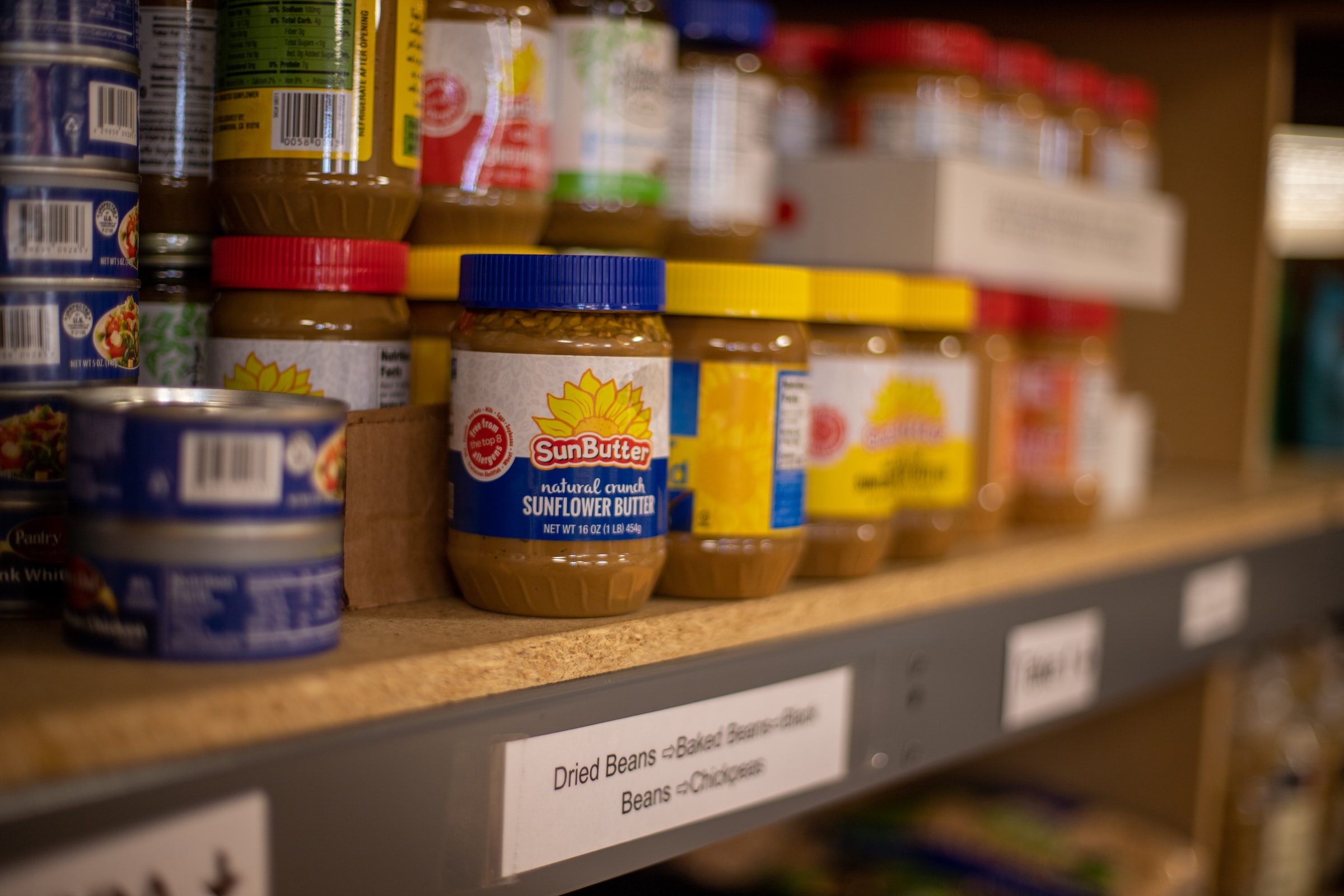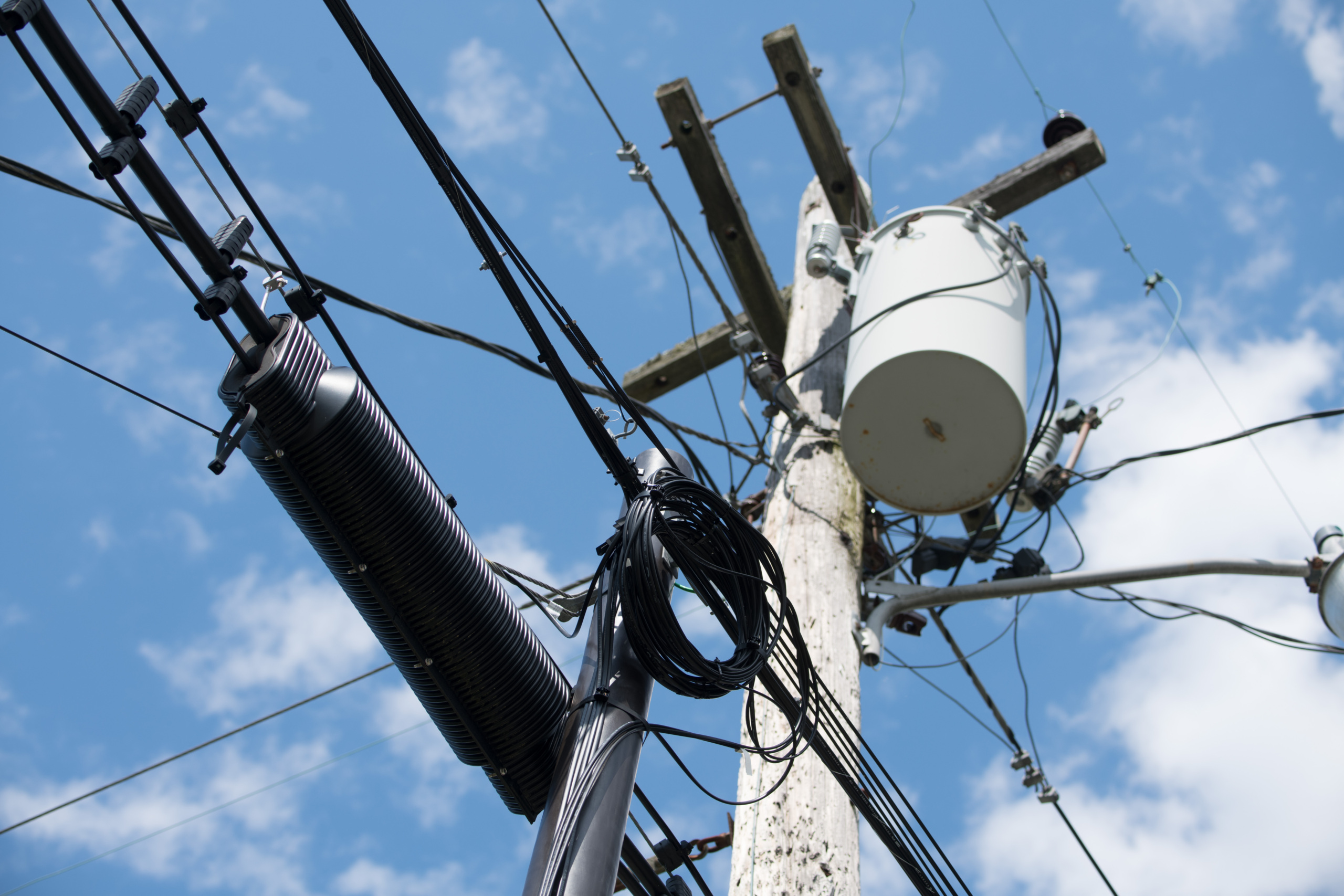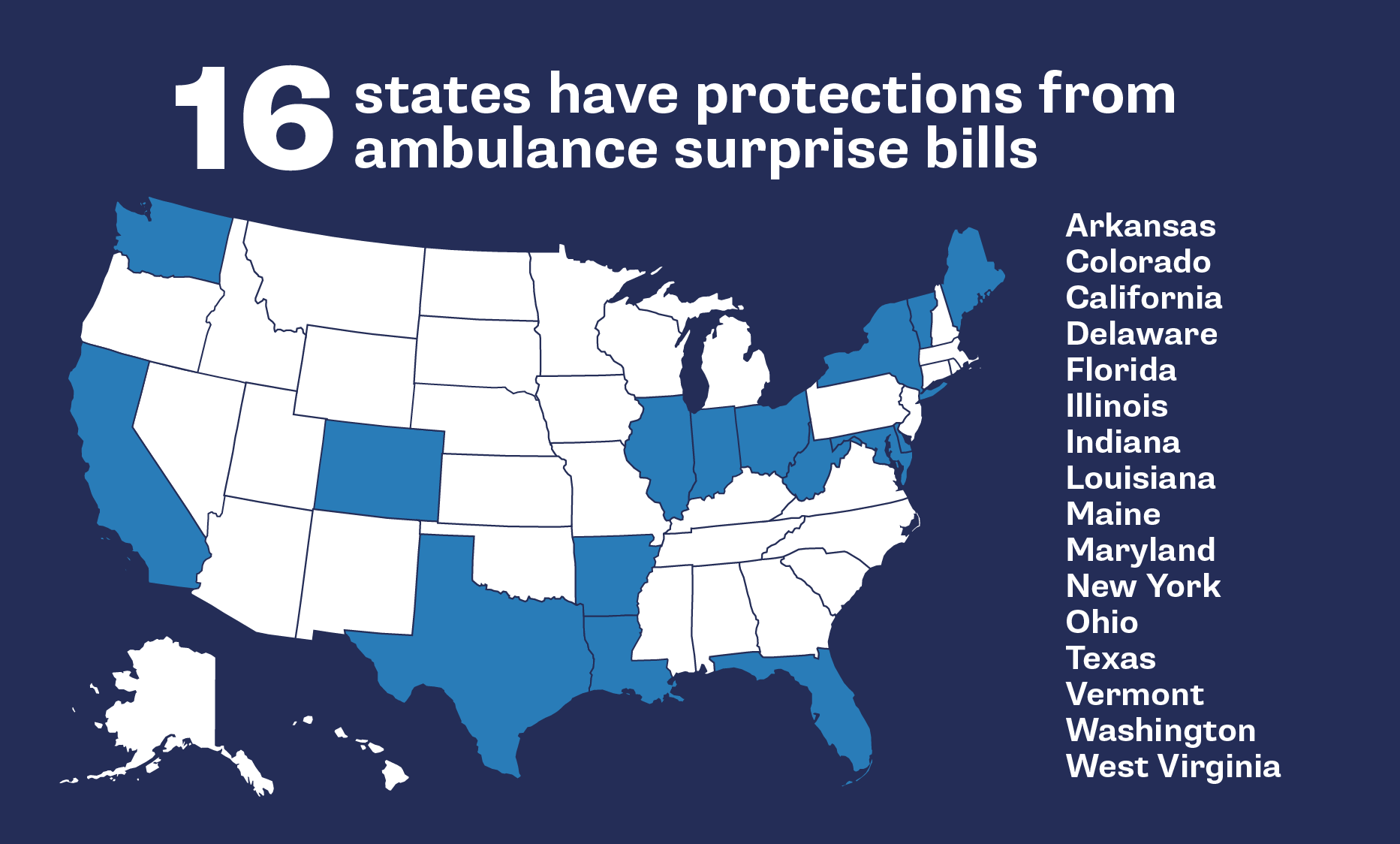
Businesses adapt to California food waste law
While the bill has had some hiccups, solutions have arisen to meet California’s common sense goal of recovering 20% of edible food by 2025.

A California food waste law mandating that grocery stores and restaurants donate unsold food that would otherwise be thrown away went into effect in January. The bill aligns with a federal goal of slashing food waste nationally by 50% by 2030 in order to address global warming emissions, wasted resources throughout the supply chain, and hunger at the same time.
The bill’s implementation has seen some hiccups, especially with rising fuel prices increasing the cost of transporting donated food. Reuters reports that “smaller grocery stores and rural food banks lack the systems to track and divert food waste. Michael Flood, chief executive of the Los Angeles Regional Food Bank, thinks that will change. ‘It’s going to force action,’ said Flood. ‘(Smaller grocery stores) may have been donating before, but may not have had as comprehensive a food donation policy and plan in place.’”
Indeed, solutions have arisen to help effectively facilitate the increased food donation. The 530 Food Rescue Coalition in northern California, for example, has been using an app to connect businesses who have food to donate with organizations who can use or distribute the food. Volunteers sign up as delivery drivers to ensure the food gets to where it needs to go.
As businesses adapt to the new law, the rest of the country should keep an eye on California and learn from examples that should be adopted elsewhere.
Topics
Updates

Energy Conservation & Efficiency
Transformer efficiency rule leaves energy savings on the table

Governor Kotek signs the Right to Repair Act into law

Washington joins 15 other states by enacting ambulance surprise billing protections

When patients feel the pain of high drug prices, the Patent Office should take notice


